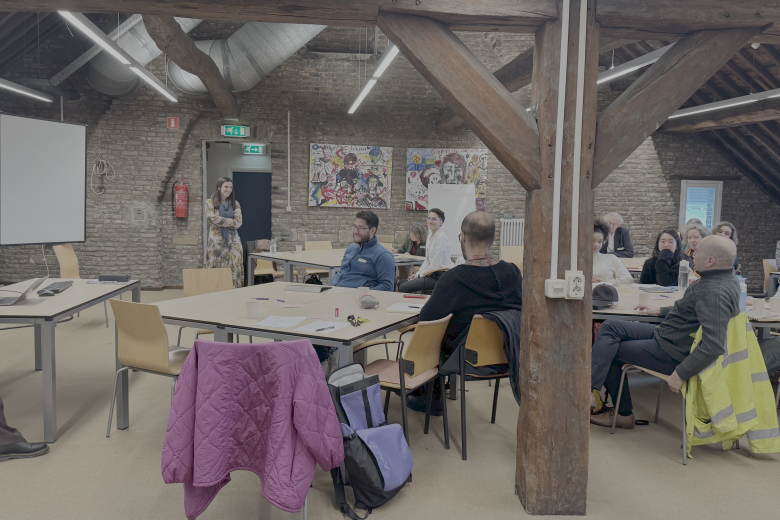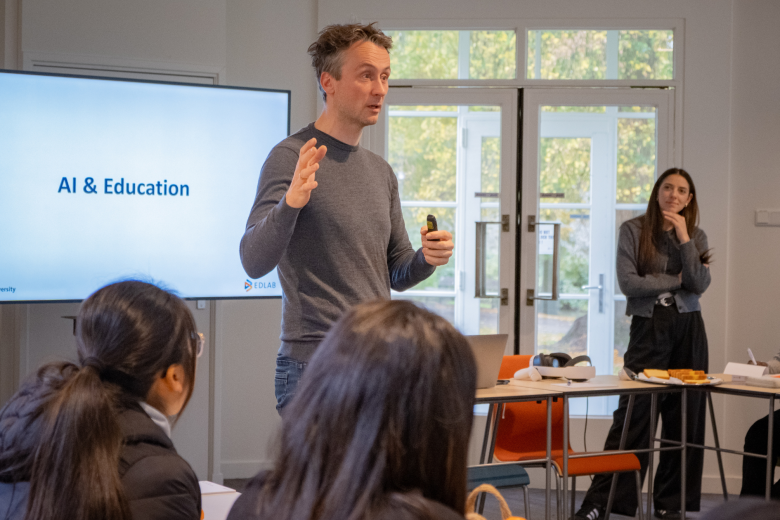Promising results for The Healthy Primary School of the Future
An interim evaluation of the project ‘The Healthy Primary School of the Future’ (De Gezonde Basisschool van de Toekomst, GBT) shows promising results: children who participate in the GBT programme exercise more, eat healthier and maintain a healthier weight. In addition, teachers and pupils experience notably fewer conflicts and less bullying behaviour in the classroom.
In 2015, the experiment started in Parkstad at four of the MOVARE foundation schools: two ‘nutrition-and-exercise schools’ where everything was introduced, two ‘exercise schools’ where only sports, games and culture were offered. Then, four schools joined the study while not making any changes, the so-called ‘control schools’. A total of 1676 children participated in the study during the first two years.
Lower weight and less bullying behaviour
Prof. Onno van Schayck, UM project leader of The Healthy Primary School of the Future: “If we do nothing, the current school programme will lead to a worrying increase in children’s weight in the next two years. The programme offered by The Healthy Primary School of the Future is shown to be able to reverse this trend. In addition, we see that the exercise and eating behaviour of children clearly changes when The Healthy Elementary School of the Future is introduced. We also see that parents and pupils are very satisfied with GBT after two years. The initial scepticism has given way to enthusiasm. Ultimately, we also identified a very nice ‘side effect’, which we hadn’t taken into account: teachers and students are experiencing significantly fewer conflicts and less bullying behaviour since the start of the Healthy Primary School of the Future.” The Province of Limburg has decided to allocate €850,000 to the project to implement the second phase of the Healthy Primary School of the Future.
Read and also view the RTL News story. RTL Nieuws .
Also read
-
'De-composing Classical Music’ event was a success
On 13 October 2025, the Maastricht Centre for the Innovation of Classical Music hosted the event ‘De-composing Classical Music: Coloniality and Resistance’ at the Faculty of Arts and Social Sciences in Maastricht.

-
Co-edited collective volume by MCEL member Lilian Tsourdi on the intertwinement between criminal justice and immigration control
The new volume offers a contemporary understanding of the state of the art of ‘crimmigration’ with a focus on the European Union and challenges this paradigm of intersecting criminal justice and immigration control.

-
UWC Maastricht students get a taste of education innovation at EDLAB
On 21 October 2025, EDLAB hosted students from United World College Maastricht for the second year in a row, as part of their Youth Social Entrepreneurship programme.
